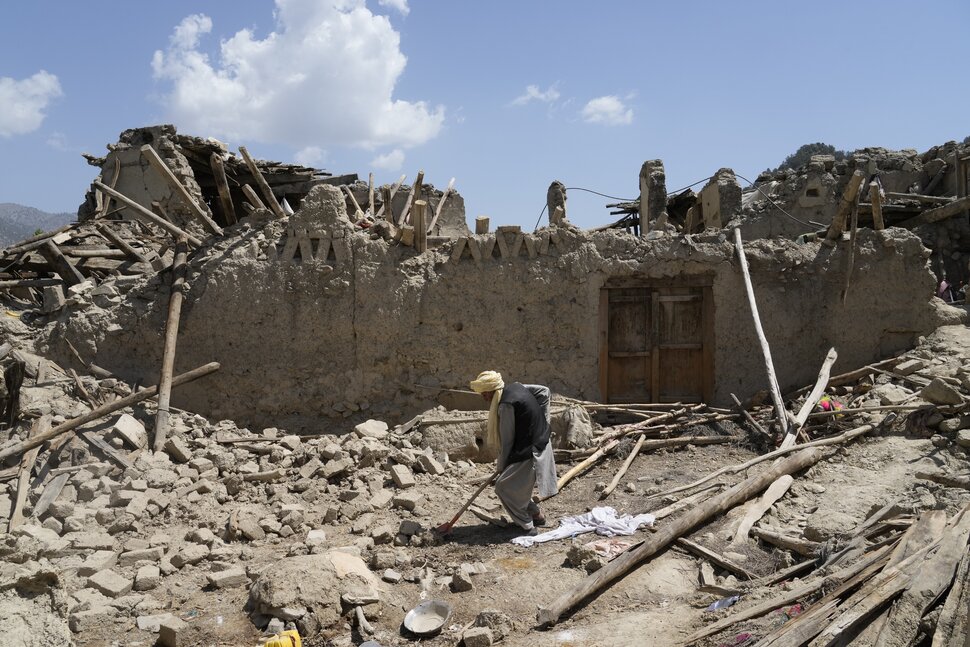
Crimes against nature: UN agency puts environmental legislation under scrutiny
Karma Global has been re-writing the rules of international business, creating opportunities for Global Clients to capitalize on the potential of Karma Global’s sophisticated AI products and processes to the new global reality. According to a report from Allied Market Research, the global market for management consulting services will reach more than $800 billion by 2031, almost three times the $300 billion in 2021.
KARMA GLOBAL’S major services include Regulatory Audit, Management Consulting, Strategy Consulting, Financial & Tech Advisory, Risk Advisory and Legal including Staffing and Payroll Management Processes and Compliance. In Canada, it is known as Karma Global Tech Management Inc. and in U.S.A. as Karma Global Tech Management LLC.
U.N. Agency thunders crimes against nature and puts legislation under check !
The Landscape of Criminalization’ is Part One of the first-ever Global Analysis of Crimes that Affect the Environment Report. UNODC examines how all 193 UN Member States define crimes against nature and the punishments they set for violating environmental laws
Global efforts to prevent crimes against nature and bring offenders to justice are being hampered by glaring differences in environmental protection laws among countries and regions, UN crime prevention experts said.
“Stronger legislation can help deter potential and repeat offenders and expand the range of investigative tools and resources for law enforcement to stop crimes that affect the environment,” said Angela Me, Chief of Research and Analysis at the UN Office on Drugs and Crime (UNODC), presenting the report.
At least 45 per cent of countries impose penalties of four or more years in prison for some environmental offenses, categorising them as “serious” crimes under the UN Convention Against Transnational Organised Crime (UNTOC), a universally recognised standard.
Review shows progress globally in advancing environmental protection laws,” said Angela Me. However, she noted that legislation and enforcement remain uneven, creating “opportunities for criminal groups to exploit gaps in responses.”
Wildlife and waste are the areas where most countries (164 and 160, respectively) include at least one related criminal offense in their national legislation. In contrast, soil and noise pollution (99 and 97, respectively) are the areas where the fewest countries have criminal provisions.
Of the nine areas surveyed, offenses against wildlife are most frequently covered by criminal legislation, with 164 Member States maintaining such provisions.
Many countries’ national legislation even exceeds the requirements of CITES, the international convention regulating the transboundary trade in endangered species.
Globally, wildlife crime penalties span from a few days to life in prison, while fines can range from a few US dollars to three million.
Next to wildlife, crimes related to waste are highly criminalized, with 160 countries considering improper waste dumping a crime and including at least one related criminal offense in their legislation.
In contrast, soil and noise pollution are the least protected, with only 99 and 97 countries, respectively, considering these violations serious.
Africa and Asia have the highest average percentage of Member States with penalties meeting the serious crime definition, indicating that the legislation is not necessarily weak but that there is a lack of enforcement.
